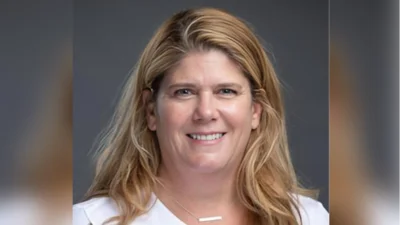Lansing received more than $900,000 for the city's share of marijuana retail excise tax. | Elsa Olofsson/Pixabay
Lansing received more than $900,000 for the city's share of marijuana retail excise tax. | Elsa Olofsson/Pixabay
Lansing is reaping the benefits of having licensed marijuana retail facilities open for business. It comes in the form of money received from the city's 15% share of the retail excise tax.
Mayor Andy Schor (D-Lansing) and City Clerk Chris Swope recently revealed that the city received $903,255 as the second payment received for its share from the state, according to a press release on the city's website. This was up significantly from the first payment of $280,000.
"These licenses have invested more than $85 million in purchasing and improving property in Lansing," Swope said. "They have also employed more than 2,400 workers and agreed to pay a living wage of $16 or more an hour, along with a benefit package which includes health care and retirement savings."
Schor said he was pleased that Lansing's recreational marijuana ordinance has helped breathe new life into the city. "I am thrilled that the ordinance that we put together regarding recreational marijuana is working well in revitalizing buildings and ensuring that they are quality and vibrant settings," he said. "Lansing’s licensed cannabis entities have returned previously vacant buildings and storefronts to the tax rolls. I am excited that the city has been able to bring in almost $1 million from the state as a result of opting in."
The most recent payment to Lansing was based on the 16 facilities operating at the end of the 2021 fiscal year.
As reported in the press release, the state collected more than $111 million last fiscal year from the 10% adult-use marijuana excise tax, according to Michigan's Marijuana Regulatory Agency. Based on the funding formula, Ingham County received $1,072,615.


 Alerts Sign-up
Alerts Sign-up